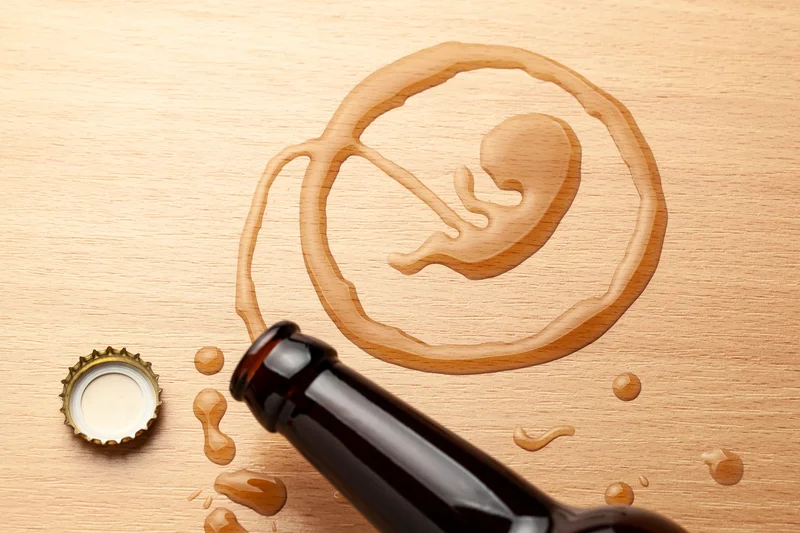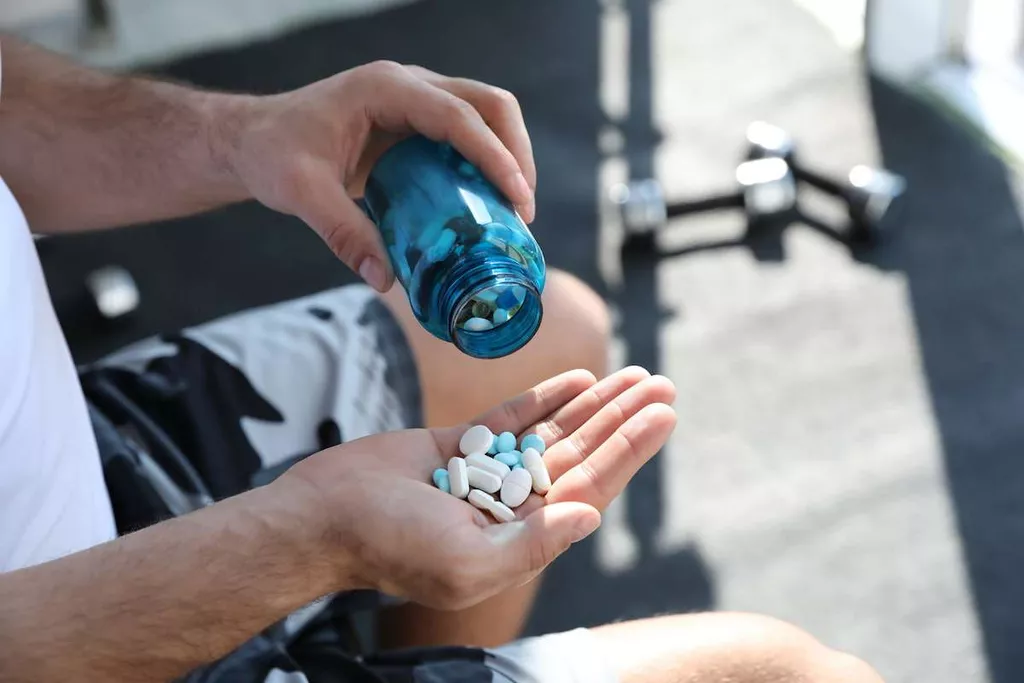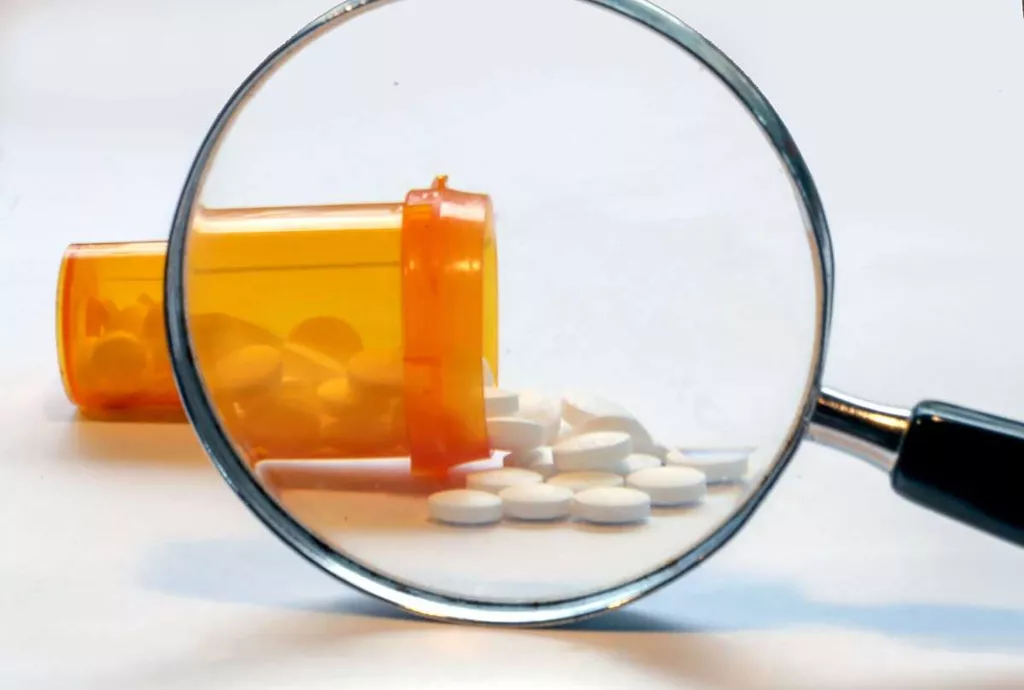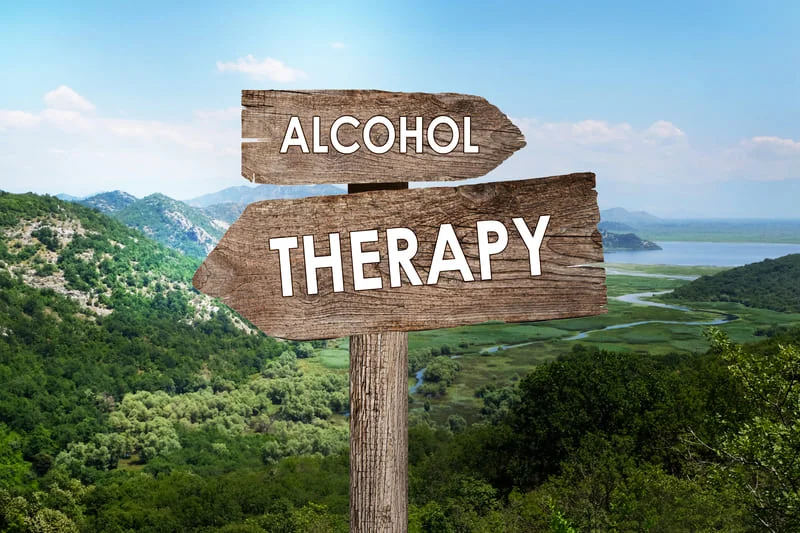
Understanding how alcohol affects our bodies is crucial when trying to overcome addiction as well as managing related symptoms such as intense sugar cravings. Discover how long recovery from alcohol addiction takes and the key factors influencing the journey to sobriety. The link between alcohol use and sugar consumption may be due to the impact of alcohol on the brain’s reward system. This system can alter the perception and desire for sweet tastes, further intensifying the craving for sugar. Individuals in early recovery from AUD often experience intense cravings for sweets.
The Role of Self-Reflection in Building Long-Term Sobriety
Whenever you would drink, the alcohol would release a rush of dopamine that would make you feel good. When struggling with hypoglycemia, you’re left with symptoms like irritability, aggression, headaches, dizziness, confusion, lack of concentration amphetamine addiction treatment and impulsive decision-making. Your body needs to right itself as quickly as possible, leading to sugar cravings.

Get To Know Your Sweet Tooth

Thus, sugar cravings may emerge as a way to compensate for the neurochemical imbalances caused by alcohol addiction. Additionally, the body’s store of glycogen, a type of sugar stored in the liver and muscles for energy, can become depleted due to chronic alcohol consumption. When recovering from alcohol addiction, the body craves sugar as a means to replenish glycogen stores and provide a quick energy boost. The absence of the dopamine rush from substances in early recovery can prompt the brain to crave substitutes, such as sugary foods that also produce dopamine. This can result in intense sugar cravings for recovering addicts who are used to high dopamine levels from substance use 4.
Robitussin Overload: Exploring the Effects of Excessive Ingestion

In summary, genetic factors and the dysfunction of the endorphin system play significant roles in alcohol addiction. These factors contribute to the cravings for sugar observed in individuals with AUD, as the brain seeks alternative ways to stimulate its reward system. Understanding these mechanisms can help in developing more effective treatments for AUD. Alcohol consumption triggers the release of endorphins and activates the brain’s reward circuitry. Over time, this can lead to a dysregulated reward system, resulting in an increased sensitivity to rewards. As a result, individuals with alcohol use disorders may experience enhanced cravings, including cravings for sugar.
On the other hand, moderate alcohol consumption on a daily basis may improve blood glucose management and insulin sensitivity. It is important to note that moderation is key, and individuals should consult with their healthcare provider to determine what is considered moderate alcohol consumption for their specific situation. For individuals struggling with alcohol dependence, it is not uncommon to experience strong cravings for sugar. Understanding the reasons behind these cravings can shed light on the complex relationship between alcohol addiction and sugar preference. In this section, we will explore the sweet preference observed in alcohol-dependent individuals and the neurobiological pathways that contribute to both sugar and alcohol addiction. Giving in to sugar cravings can be risky for recovering alcoholics as the sugar high from sweets can mimic the effects of alcohol, potentially leading to a relapse.
Understanding Women’s Substance Use Treatment Programs
Seeking professional help, such as therapy or support groups, can also provide individuals with the necessary tools and support to navigate emotional challenges without resorting to sugar as a coping mechanism. Alcoholics in recovery may experience cravings for sugar due to becoming tolerant to sugar from their alcohol intake. When alcohol is consumed regularly, the brain and body become accustomed to high levels of sugar. As a result, individuals in recovery may face sugar cravings rather than alcohol cravings, as the brain and body seek a sugar fix. This can lead to the development of a sugar addiction, replacing the previous alcohol addiction.
Link Between Sugar Cravings and Substance Use Disorders
- For further information about the impacts of alcohol on the body, consider articles such as what is alcohol?
- Alcohol consumption triggers the release of endorphins and activates the brain’s reward circuitry.
- Understanding the relationship between alcohol use disorders and sugar cravings is a crucial step towards addressing these cravings effectively.
- It’s important to note that moderation is key, as consuming excessive quantities of even healthier alternatives can still lead to unfavorable health outcomes.
This highlights the significance of not only focusing on abstinence from alcohol but also fostering healthy lifestyle habits that promote overall well-being. Understanding these dynamics is vital for creating effective treatment strategies that can address both alcohol and sugar cravings. This insight can assist individuals in recovery to avoid potential relapses caused by unacknowledged sugar dependency. Recovering alcoholics often grapple with fluctuating blood sugar levels, particularly hypoglycemia, which is common after halting alcohol intake. Alcohol consumption typically causes an initial spike in blood sugar followed by a significant crash. This drop leads to cravings for sugar as individuals attempt to stabilize their energy levels.
- Understanding the link between alcohol and sugar addiction is crucial in the field of addiction recovery and can shed light on the common query, ‘why do alcoholics crave sugar?
- This phenomenon illustrates why many individuals in recovery may seek candy or sugary snacks to fill the void left by alcohol.
- Alcoholics in recovery may experience cravings for sugar due to becoming tolerant to sugar from their alcohol intake.
- The relationship between alcohol addiction and sugar cravings is complex and multifaceted.
- Alcohol and sugar can both activate the brain’s reward system, leading to feelings of pleasure and satisfaction.
Understanding the do alcoholics crave sugar connection between alcohol use disorders and sugar cravings is crucial to address this phenomenon effectively. It’s important for recovering alcoholics to be aware of the link between sugar cravings and alcohol withdrawal symptoms. They can manage their cravings by consuming fruits or other complex carbohydrates, which satisfy their sweet tooth and provide essential nutrients for overall health.

Discover how Powerball can lead to gambling addiction and the vital signs, impacts, and support available. Discover good news for treating opioid dependence with new therapies, support systems, and compassionate care. Discover 4 important things about relapse, including triggers, aftercare, and support for lasting recovery. Discover 5 ways to support your loved one through treatment and foster a healing environment for recovery. Discover the four main triggers for relapse in recovery and learn how to navigate them effectively. Discover how marijuana use in teens is the cause of increased illicit drug use and the need for effective prevention.

